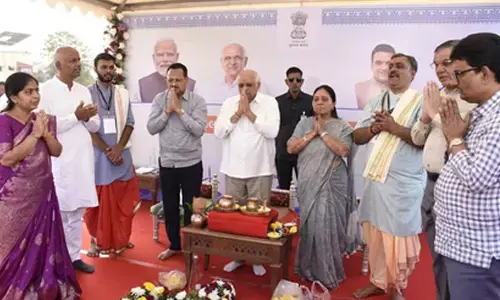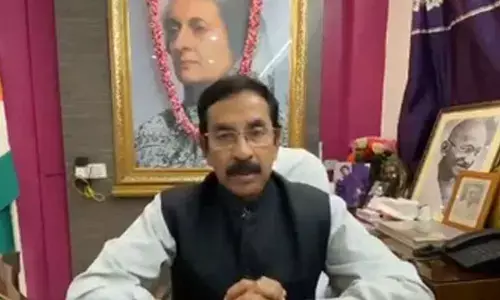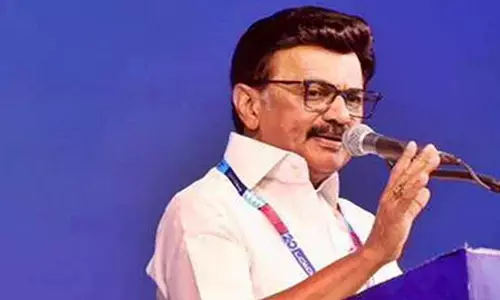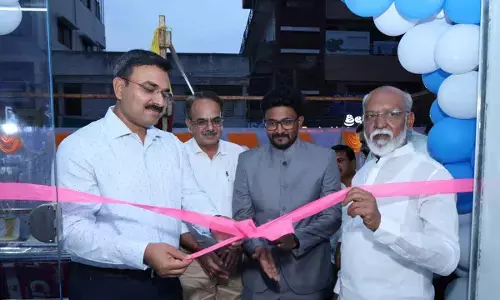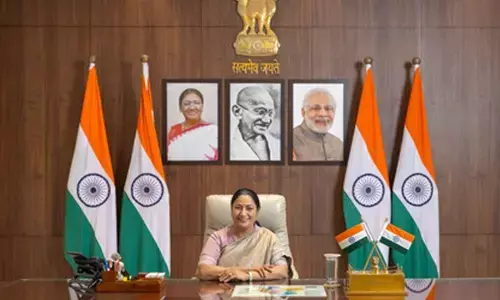Time to take note of looming mass layoffs

The Indian corporate leadership in the last two decades underwent several changes across sectors such as public sector and private enterprises.
The Indian corporate leadership in the last two decades underwent several changes across sectors such as public sector and private enterprises. This is because of the rapid changes in business models and technological developments in various industries like banking, information technology, steel, oil, manufacturing, telecom, electronics and etc.
In the last two decades, there were massive layoffs in central and state public sector enterprises (PSEs) such as Hindustan Machine Tools (HMT), Allwyn Limited, Hindustan Cables Limited (HCL), Indian Drugs Pharmaceuticals Limited (IDPL) etc.
Such huge layoffs were due to the outdated products and services, an increase in competition and use of latest technologies implemented by the competitors which led to industrial sickness. Also, other major reasons could be lack of visionary leadership, regulatory issues, political changes.
Thereafter, many enterprises introduced the concept of ‘Golden Shake hand,’ a kind of a voluntary retirement scheme to their employees to reduce the workforce count to make the company turn around and make profits. But none of the afore-mentioned companies is operational today.
Also, a huge amount of investment in capex (capital expenditure) such as land and buildings, machinery and scientific labs has been locked up and lying idle for several years. Since they are not operational and unproductive, the managements failed to take appropriate and timely decisions for using such assets for the value creation purpose.
The leaders working in various ministries should act in time and take necessary decisions to turn unproductive assets into productive assets. After the economic reforms in 1991, private enterprises, especially those in the IT sector, emerged as the largest provider of employment.
The IT sector became a major employment sector in a very short span of time in the last two decades. It largely contributed to improving the Indian economic indicators such as growth rate, GDP, GNP, individual per capita income and increase in foreign reserves.
This sector also helped reduce the unemployment rate. It is also playing a vital role in increasing the growth rate in banking, insurance, automotive and financial services sectors indirectly. However, the IT companies are currently facing a similar situation which the PSUs had undergone two decades ago.
The massive layoffs, golden shake hands are increasing due to rise of automation, artificial intelligence (AI), 3D printing, virtual reality (VR) and increase in the demand for protectionism or anti-globalisation forces.
In a span of two decades, employees who have put up the work experience of 10 to 20 years in IT sector, are finding a similar threat as was faced by those in public sector enterprises two decades ago.
An important question arises as to what the managements of such companies are doing? Who is to be blamed for this kind of panicky situation building up in the market and for creating the unrest in the minds of young software engineers and their families? Is it not the fault of leadership at the helm of such enterprises public or private? Is it not due to lack of updating of their skill sets in time? Isn’t the current situation a result of not having visionary leaders? Now, the country is in need of serious and bold visionary leaders both in public and private enterprises.
It is incumbent upon them to create a path for youngsters in the country. Because of lack of a sound vision, similar kinds of problems are getting repeated once every 15 years. Certainly, it is not a good indicator of a progressive economy.
Even today, many public limited companies do not operate profitably. It requires dynamic and transforming leaders to ensure their enterprises stay the course despite many a disruption and prevent them from falling by the wayside, more so as the current spree of massive layoffs will adversely impact other industries such as banking, insurance, housing, automotive sectors, etc. Presuming that such layoffs continue, then bank NPAs will increase further, drying up resources for fresh lending.
Most importantly, it creates several questions in the young minds over their career paths such as choosing between employment or entrepreneurship (startup) etc. This is the right time for government agencies and institutions to step in and take lead as it involves the future of lakhs of software employees.
In the last two decades, the government could have enacted an IT Employment Act addressing the hire and fire practice in the sector. Or it must make amendments to the existing trade union or labour union acts etc., as massive layoffs are being effected on pretext of underperformance.
As we see, American President Donald Trump is protecting interests of Americans in employment and forcing Indian MNCs to hire locally. The business models and dynamics are changing rapidly from the “World is Flat” scenario to inward-looking country-specific economies.
As such, the government and the corporate honchos in our country must join forces to set up research and development centres and innovation labs across sectors to address employability and foster cutting-edge innovations. (R K Mishra is Director and Chandra Shekar an Asst. Professor at Institute of Public Enterprise, Hyderabad)
By Prof RK Mishra & M Chandra Shekar


